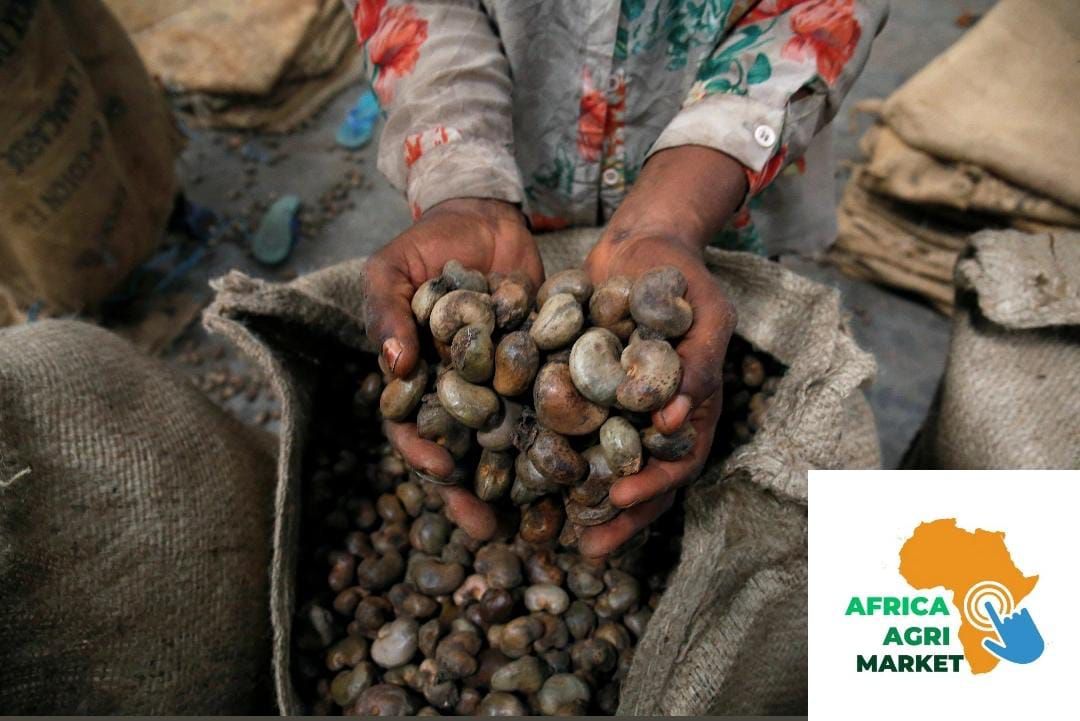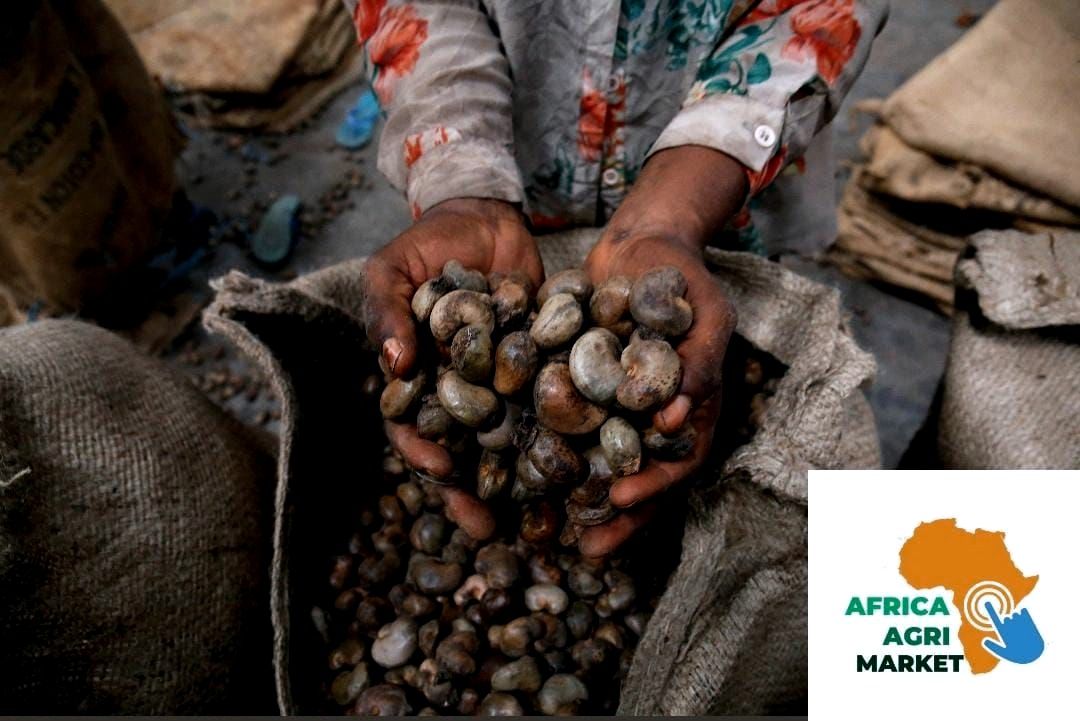🌍 African Cashew Farmers Missing Out on Profits, Says UN Body 🌰📉

According to a recent report by the United Nations Conference on Trade and Development (UNCTAD), millions of cashew farmers across Africa are not reaping fair rewards from a booming global demand for their crop.
Massive growth, minimal gain: Since 2000, world trade in raw cashew nuts has more than doubled to about 2.1 billion kilograms. African producers, led by Côte d'Ivoire, make up nearly two‑thirds of that growth.
Value lost through lack of processing: Less than 15% of cashews produced in Africa are deshelled locally. The majority are exported raw, mainly to Asia, where they are processed, adding significantly more value.
Huge price disparities: For example, cashew kernels exported from India to the EU are priced about 3.5 times higher than what farmers in Côte d'Ivoire get for raw nuts. After further processing in Europe and North America (roasting, packaging, etc.), the price can be about 8.5 times what farmers receive at the source.
Millions of smallholders affected: Around three million smallholder farmers across 20 eastern and western African nations depend on cashew farming for income. Yet they often see only a small slice of the economic pie due to structural bottlenecks.
Economic opportunity lost: The lack of local processing means jobs, income, and value stay elsewhere. Africa loses out on wages for workers, value‑addition, and downstream benefits.
Poverty & development impact: Many farmers are from rural, underdeveloped areas. Improving cashew processing could help reduce poverty and contribute toward Sustainable Development Goals.
Developing local processing facilities so more value is added domestically. Enhancing infrastructure, technology, and quality standards to make processing more feasible and competitive. Better policies: easier access to markets, improved seedlings, farmer training, and investment in rural areas.
